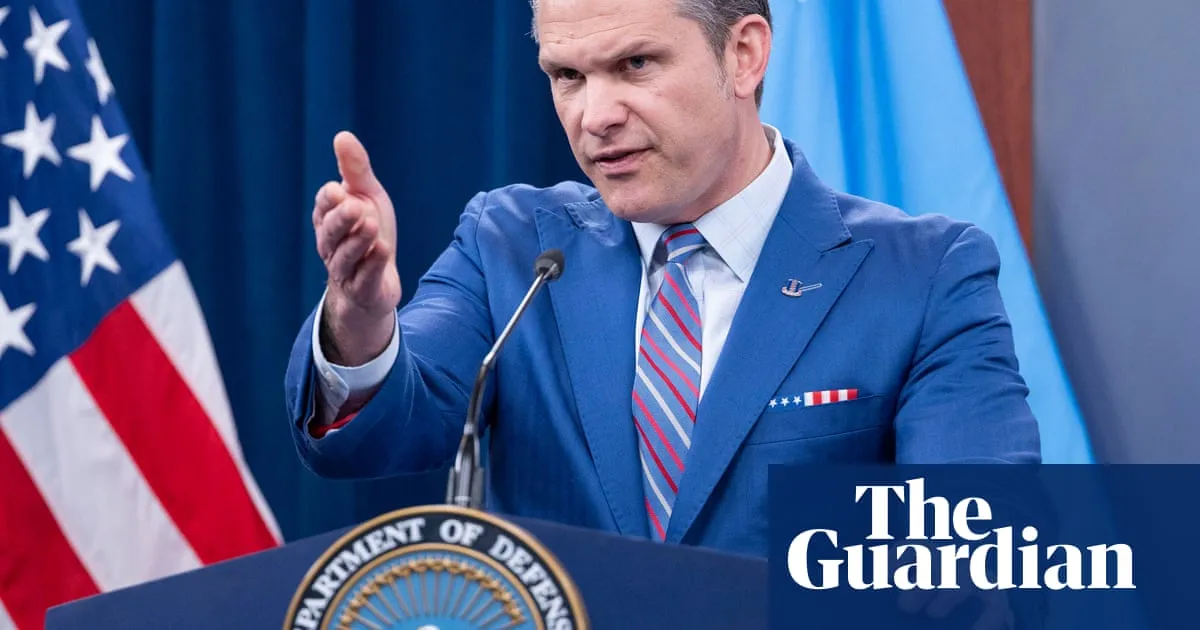
In a significant development, US senators are scheduled to receive a classified briefing concerning President Donald Trump’s recent military actions targeting Iranian nuclear sites. This briefing comes after the White House unexpectedly postponed a previously scheduled session, raising concerns over transparency and the flow of intelligence to Congress.
The briefing with senior national security officials was initially set for Tuesday but was delayed by the White House, prompting complaints from Democratic senators who believe Trump is deliberately stonewalling Congress regarding military actions taken without prior congressional approval. Senate Democratic leader Chuck Schumer expressed his discontent, stating, “Senators deserve full transparency, and the administration has a legal obligation to inform Congress precisely about what is happening.” He characterized the postponement as “outrageous.”
The closed-door session is expected to be led by CIA Director John Ratcliffe, Secretary of State Marco Rubio, and Defense Secretary Pete Hegseth. Notably absent from the briefing is Tulsi Gabbard, the Director of National Intelligence, who was scheduled to appear at the original meeting. This exclusion comes after Gabbard previously testified that Iran was not advancing toward building a nuclear weapon.
Amid the chaos, there appears to be a dispute among intelligence agencies regarding the effectiveness of the strikes on Iranian nuclear facilities. A leaked Pentagon report suggested that Iran’s nuclear program was only set back by a few months, contradicting assertions made by Trump and Israeli Prime Minister Benjamin Netanyahu that the program had been entirely destroyed. In a show of support for the president, Gabbard took to social media, stating, “New intelligence confirms what POTUS has stated numerous times: Iran’s nuclear facilities have been destroyed.”
However, the claims of destruction have been met with skepticism from some members of Congress. Jim Himes, the ranking Democrat on the House Intelligence Committee, dismissed the destruction claims as inconsequential, highlighting that the real concern should be whether the Iranian regime possesses the materials necessary to build a nuclear weapon and, if so, how quickly they can do so.
The claims of unilateral military action have also triggered backlash from Republican senators, particularly those in the anti-interventionist wing, such as Rand Paul. He challenged the notion of absolute presidential war powers, stating, “I think the speaker needs to review the Constitution,” adding that the Founding Fathers intended to limit presidential authority in matters of war.
The Senate is poised to vote this week on a resolution that would require congressional approval for any future military action against Iran. However, given the Republican majority in the chamber, the measure is expected to face significant hurdles.
The White House has acknowledged restricting intelligence sharing following the leak of the draft Pentagon report. Press Secretary Karoline Leavitt stated, “We want to ensure that classified intelligence is not ending up in irresponsible hands.” She added that the US assessed there was “no indication” that enriched uranium had been moved from Iranian nuclear sites prior to the strikes.
President Trump formally notified Congress of the military strikes through a brief letter sent on Monday, two days after the bombing, stating the action was taken “to advance vital United States national interests and in collective self-defense of our ally, Israel, by eliminating Iran’s nuclear program.” The administration maintains that it is still pursuing a diplomatic path with Iran through communications orchestrated by special envoy Steve Witkoff.